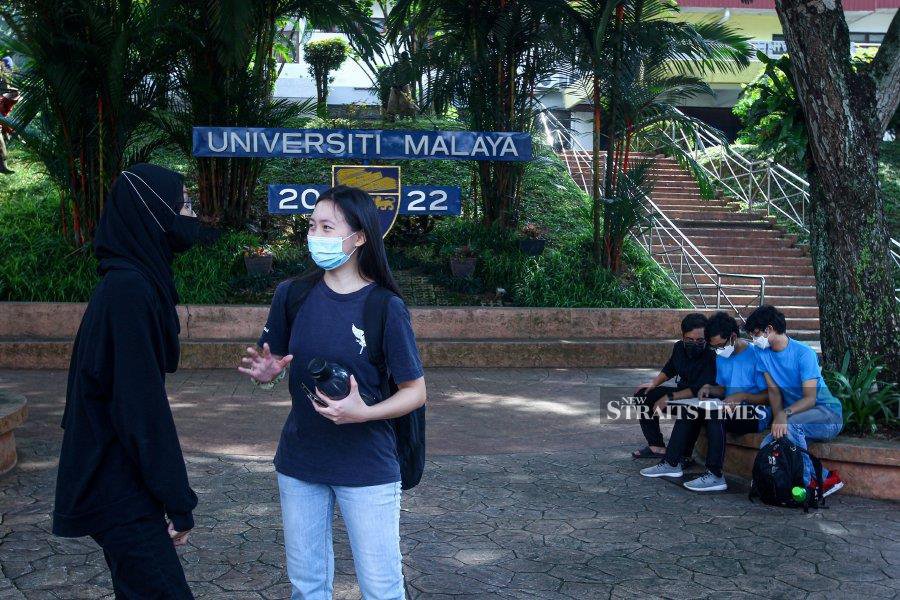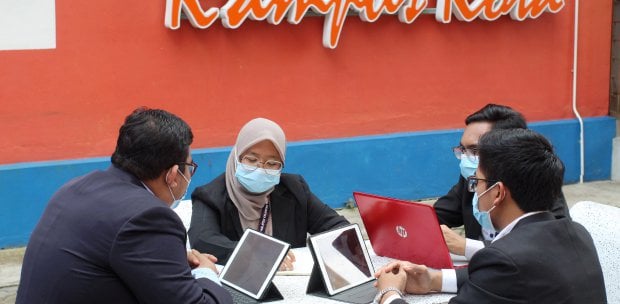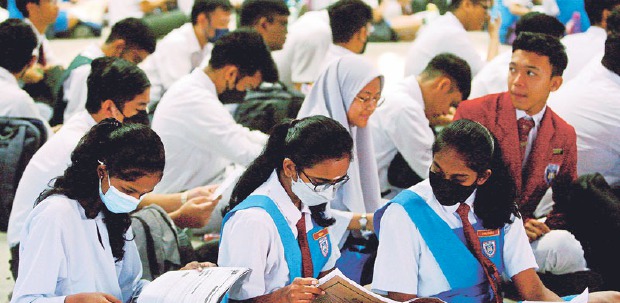LETTERS: The general expectation among us is to nurture innovation among students.
That will be pivotal in shaping them into a kind of "idea architects", an approach contrary to limiting them to do memorisation.
It is worth repeating that now is the time to reevaluate the heavy reliance on standardised testing and create space for recognising and developing individual strengths.
Given the latest emphasis on technology, the digital gap must be addressed to ensure that every student has equal access, thereby levelling the playing field and preparing them for a digitalised world.
Common sense tells us that we need to focus on real-world skills, one of the most essential elements.
Furthermore, education should be geared towards equipping students with the ability to simultaneously solve problems effectively and communicate proficiently.
This shift in approach not only enhances their academic prowess but also empowers them to better navigate the complexities of the modern world.
Therefore, investing in educators is a must and must be seen as a cornerstone of this transformation.
Thus, providing teachers with the latest and necessary tools and training will enable them to shape enlightened minds, plus helping them to adapt to evolving educational methodologies.
In that respect, recognising and appreciating the diverse backgrounds of both educators and students is paramount. And, inclusivity should be seamlessly integrated into the educational system, illustrating that all should celebrate diversity as a strength rather than just a challenge.
This call for change in Malaysian education is not just a resolution for 2024; it's a commitment to preparing students for an unpredictable future.
The story of education transformation is poised to be written, starting with the cultivation of agile minds that can navigate the challenges and opportunities of the 21st century.
This shift will not only redefine success but also contribute to the holistic development of individuals and the nation as a whole for the long term.
DR MUHAMMAD NOOR ABDUL AZIZ
School of Education, Universiti Utara Malaysia
The views expressed in this article are the author's own and do not necessarily reflect those of the New Straits Times





